Lessons from Paraguay: Living Your Values

If you’ve been following my journey from the beginning, or checked out my intro video on the About Me page, you may know that watching Lauren Singer’s TED talk waaayyy back in the start of my zero waste journey was an inspiration for me - specifically from the moment Lauren discussed “living your values.” It’s easy to say you care about the environment, and it’s easy to say that someone else should adjust their life to be better for the environment. I was guilty of it my whole life.

I didn’t grow up saying I wanted to be a zero waste blogger; I grew up saying I wanted to save cheetahs in Africa. And when you’re growing up wanting to save cheetahs in Africa, you learn about things like poaching and the pet trade and furs, and you grow up thinking “How could anyone do these things? Cheetahs are so beautiful and so unique and we need them. I’m going to stop people from doing these things.” (Or at least, that was my mentality for most of my life…) But then you go to college to learn more about how to stop people from doing these things and you learn it’s more complicated than that. And that mindset you’ve had your whole life of “I don’t like people, I’m going to work with animals,” suddenly doesn’t actually work anymore. You can’t protect animals - or the environment - without protecting people. And when you develop an understanding of different people and cultures, you start to develop empathy, too, and you start to see how, really, we’re not all that different. Yeah, cheetahs are having a rough time in Africa, but wolves are having a rough time here in the States, too. And 780 million people across the globe do not have access to clean drinking water...have we checked in on Flint, MI recently?

It’s easy to look at other people and judge and say they should stop (or start) doing something. But when we are truly living in line with our values, we can check that attitude before it even starts. And that’s part of what I love about zero waste. But zero waste doesn’t stop when I walk out my front door. Sure, it’s easier in the comfort of my own home. I’ve got cloth napkins and towels a plenty. I’ve got bamboo toothbrushes galore. You want mason jars? I’ve got twenty. (I make no apologies for my Little Mermaid references.)
But I also have access to reliable waste management systems at home, so even if I used a *gasp* plastic water bottle, I can throw it in my recycling bin and I know where it goes (as long as it doesn’t blow away).
When I’m traveling, though, that’s when zero waste becomes even more imperative for me.
Our first day in Paraguay, we climbed a mountain. Okay, maybe it wasn’t a mountain, but it sure felt like one. You should have seen the incline on this thing. Even Orangetheory wouldn’t make me climb that mountain.
 This is not at all the mountain we climbed day one - it’s just a dirt road - but I’m also technically writing this as part of an assignment that requires at least one photo of me. So here’s a picture of me walking down a dirt road in Paraguay. Photo cred goes to Ellie.
This is not at all the mountain we climbed day one - it’s just a dirt road - but I’m also technically writing this as part of an assignment that requires at least one photo of me. So here’s a picture of me walking down a dirt road in Paraguay. Photo cred goes to Ellie.
But the point of this story is not how out of shape I am. The point of this story is what I saw that first day in this hardly-traversed country of Paraguay in the middle of nowhere climbing up a mountain.
Plastics.
Plastics everywhere. I found myself, day one, solidifying my decisions to work towards a zero waste lifestyle. I am privileged to live in a place where the impacts of my overconsumption and the overabundance of plastic packaging are not really visible to me. But here I was, facing the impacts head-on. I could think of nothing else the entire hike up. So when we got to the top, I had to ask:
“What’s the main method of waste management in Paraguay?”
The answer? Burning.

Now we already know that just heating your leftover spaghetti in plastic tupperware releases toxins, so let’s just think about how dangerous burning mass amounts of plastic can be for us and for the planet.
Oh, and even in areas with recycling bins, those items probably aren’t actually getting recycled. Perhaps we should go take a look at that greenwashing video again...
Welp. No plastic for me on this trip. (I mean, I wasn’t planning on it anyway, but this was a game changer.) I should note that we were very well taken care of. The amazing team from Para la Tierra would never let anything happen to us. We purchased water in five-gallon [plastic] jugs and used those to refill our bottles. So, yeah, some plastic was used in the making of this blog post, but we weren’t on our own buying individual bottles of water. Drink water and live, people.
As we continued throughout the ten day program, I found myself often confronted with plastics. Pre-lunch snacks? Plastic bag. Juice? In a box, with a straw. With the exception of three breakfast bars - because, hey, I get hangry - I managed to refuse all of the snacks, and subsequent plastics, during our time with the group.

And what I discovered through this process of refusing yummy snacks and juice boxes (which I wouldn’t eat or drink at home anyway) was that no matter what else I was feeling during my time in Paraguay, I always had this small bit of satisfaction, knowing that I was doing my best to leave this beautiful country as I found it. I was living my values. I traveled all this way to learn about eco-leadership in a country no one really pays attention to (I’m pretty sure half of the people that know I went on this trip still think I was in Peru…), and I was living those ten days with the same values I have here in Ohio. And that brought me peace.
Sharks and Minnows, anyone?
Now, I have to give SO MUCH credit to the Para la Tierra team. On day two, we visited one of their eco-clubs. We pretended we were seven years old again and played games with a bunch of real seven year olds. But not just any games.
Guys. We played a version of sharks and minnows, but with fish and plastics. What?! The game began with one person in the middle of a field. They were the plastic. The rest of us were fish that needed to cross. But if a fish was touched by the plastic, the fish also became plastic and had to link arms with the first plastic and try to touch more crossing fish.

Once most of the fish became plastic, the game started over. Only this time, there were three people in the middle of the field. They were the volunteers. The rest of us were plastics. As the plastics flowed through the river, the volunteers grabbed them and cleaned up the river.
Moral of the story - it’s difficult for fish to survive when there’s lots of plastics in the river, but it’s easy to make a difference when a group comes together.
Brilliance.
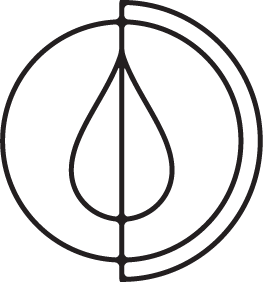
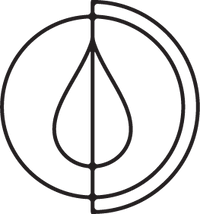
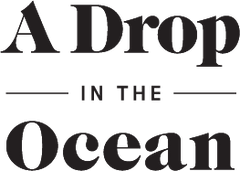


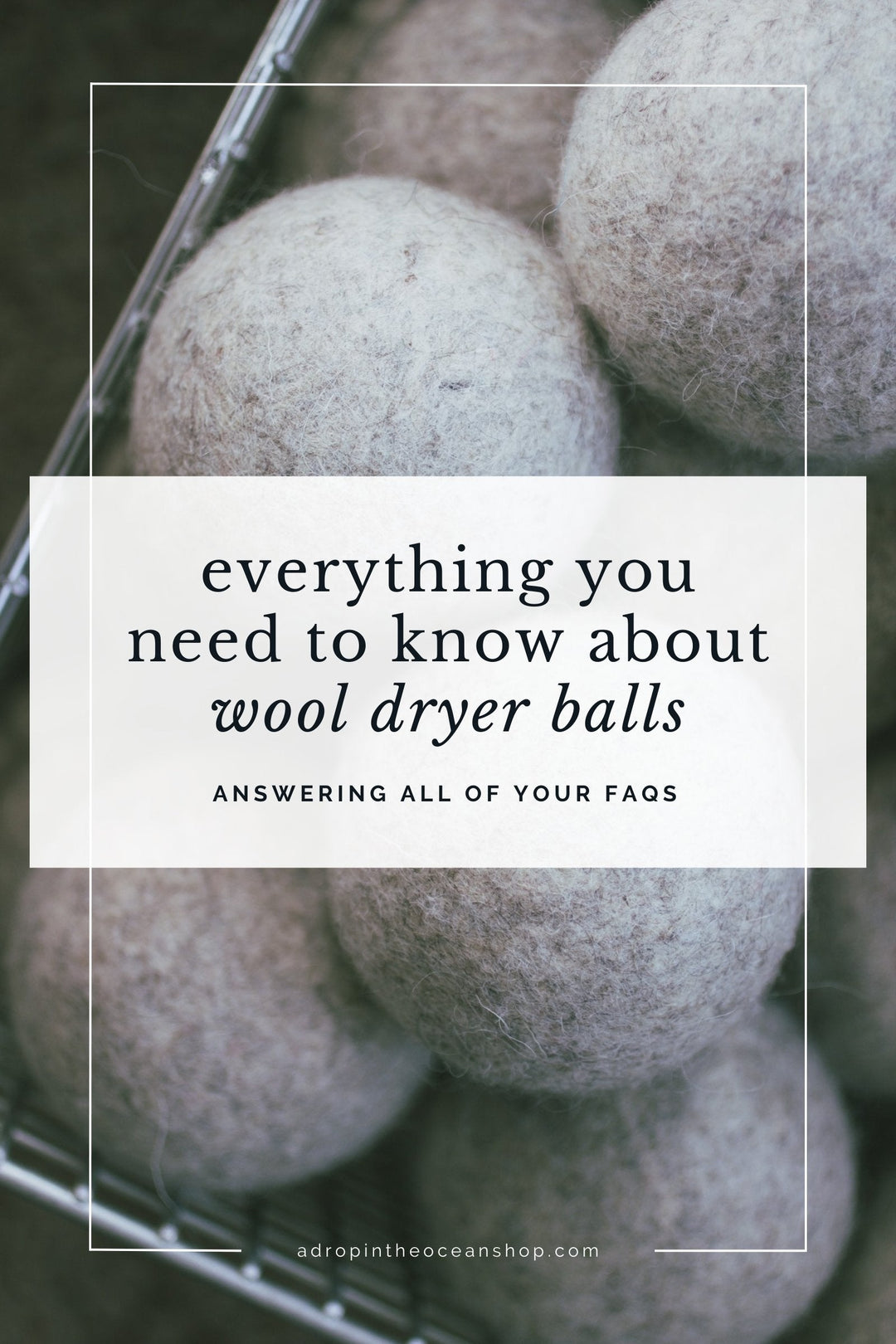
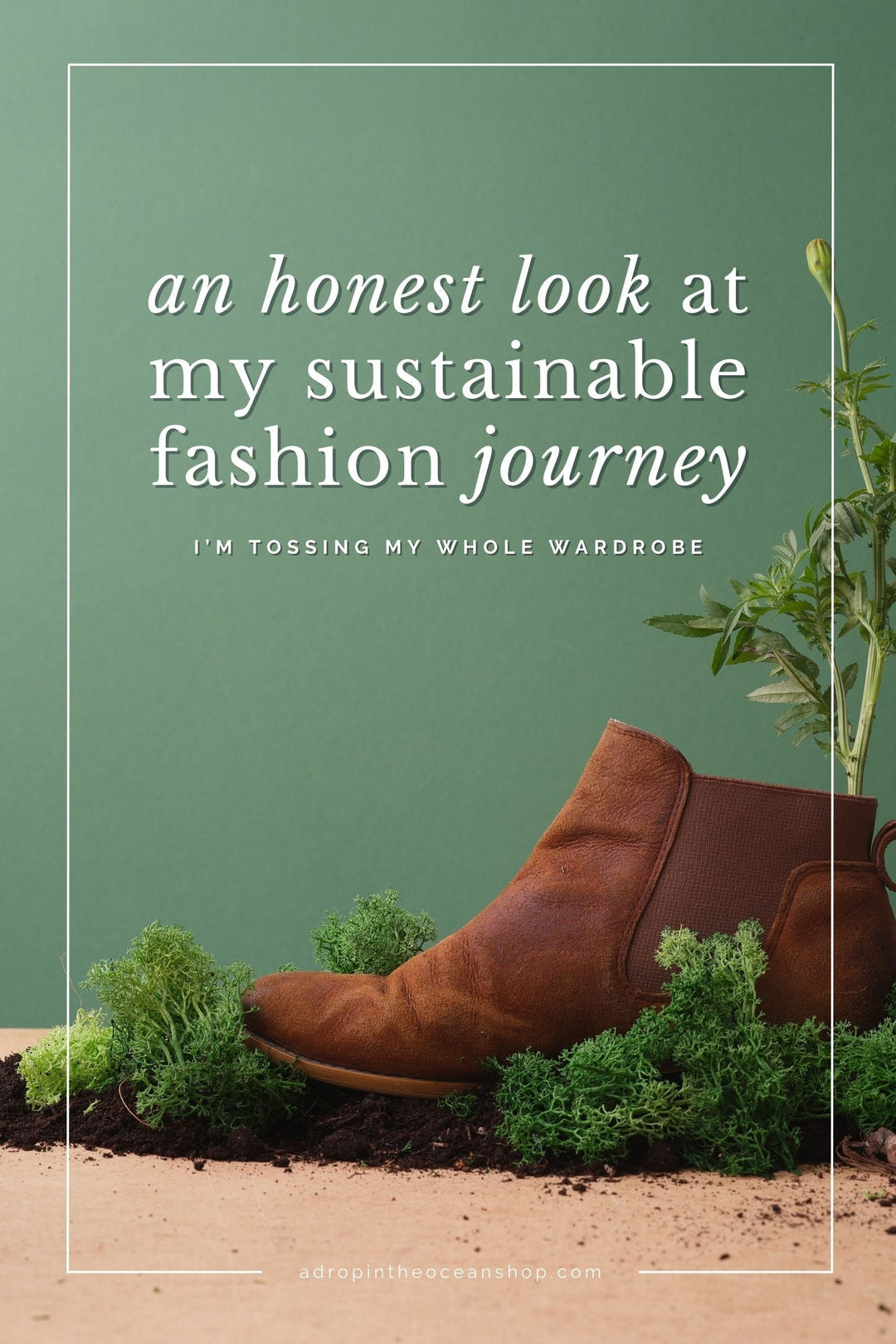
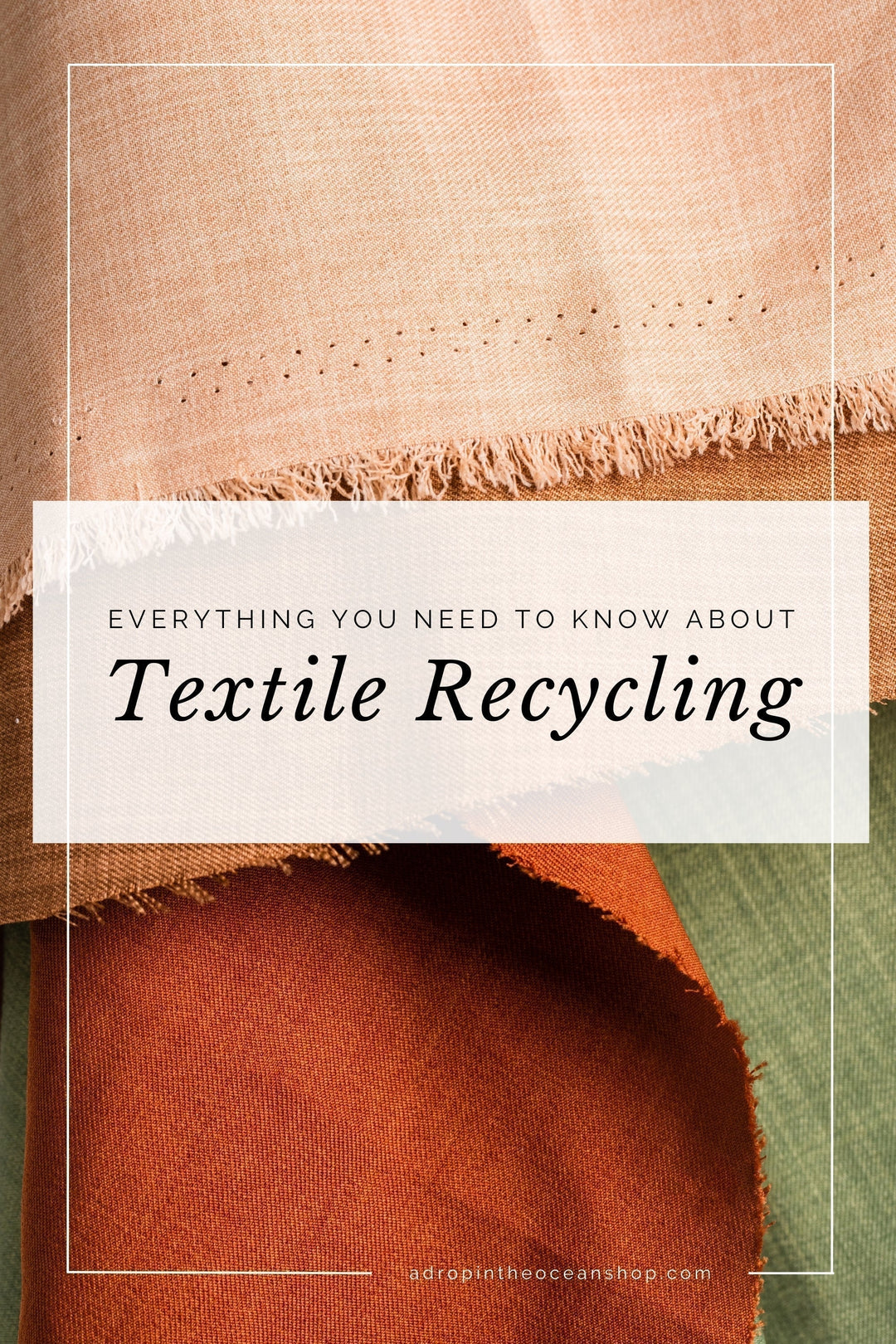
Leave a comment